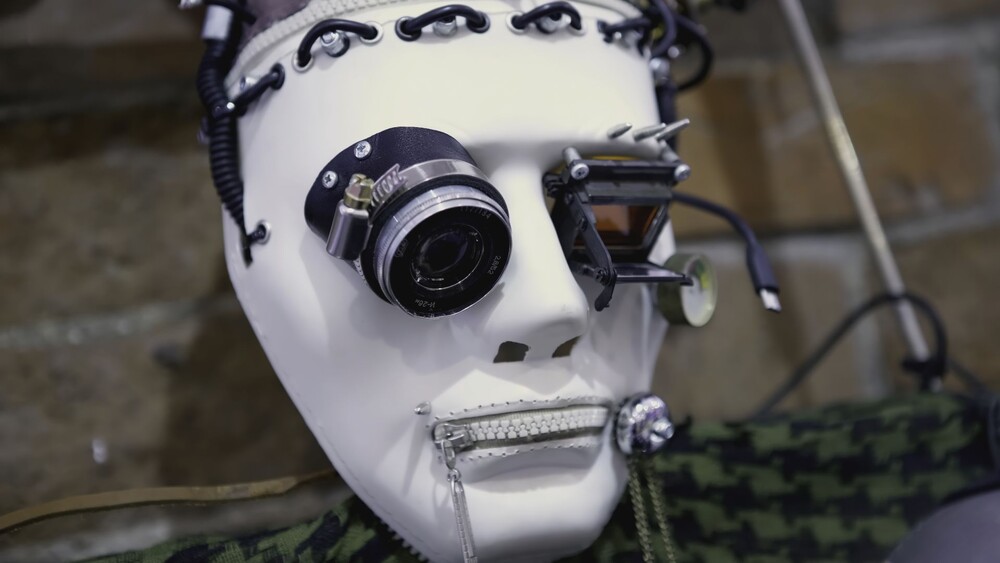Playing with the Brain
The chip developed by Musk's company, Neuralink, is designed to function as a brain implant that could not only help paralyzed people manipulate computers in the future, but also restore vision to the blind, including those born without sight.
Currently, everything is still in the testing phase, but animal experiments look quite promising. In the near future, there are also plans to connect this chip with the human brain. If everything goes well, Musk believes that human testing could begin in a few months.
In the brains of primates, the Neuralink chip was able to communicate with computers and help representatives of the animal kingdom move a mouse cursor without touching it.
It doesn't seem like anything extraordinary, but scientists believe that in the not-too-distant future, these or similar chips will allow people with spinal cord injuries to function normally again.
Development is not exactly lightning-fast
Although the initial results from primate testing may look relatively satisfactory, it should be noted that similar tests have been conducted in the past, and the effect was more or less similar..
This does not mean that progress is zero, but rather that it is still too early to talk about any huge success. It is more of a promise for the future.
Elon Musk, however, is positive and believes in this project completely. While he cautiously states that the process may not be too significant for humans at first, once the first major successes are achieved, development will exponentially accelerate. Theoretically.
It is not the first device of its kind
Neuralink's current main goal is to obtain approval from the Food and Drug Administration for human testing. According to Musk, all necessary materials have already been submitted to the agency and are now awaiting approval.
Of course, the documents need to be thoroughly studied, which takes some time. However, obtaining permission for this type of testing is not an unattainable goal.
Neuralink employees are not the first to think of improving patients' health with a chip implanted in the brain. Scientists have also been attempting something similar with Utah microelectrodes, which have been tested on humans since 2004.
This type of device allowed paralyzed patients to control a robotic arm and use it to pick up small objects such as a coffee cup or spoon.

